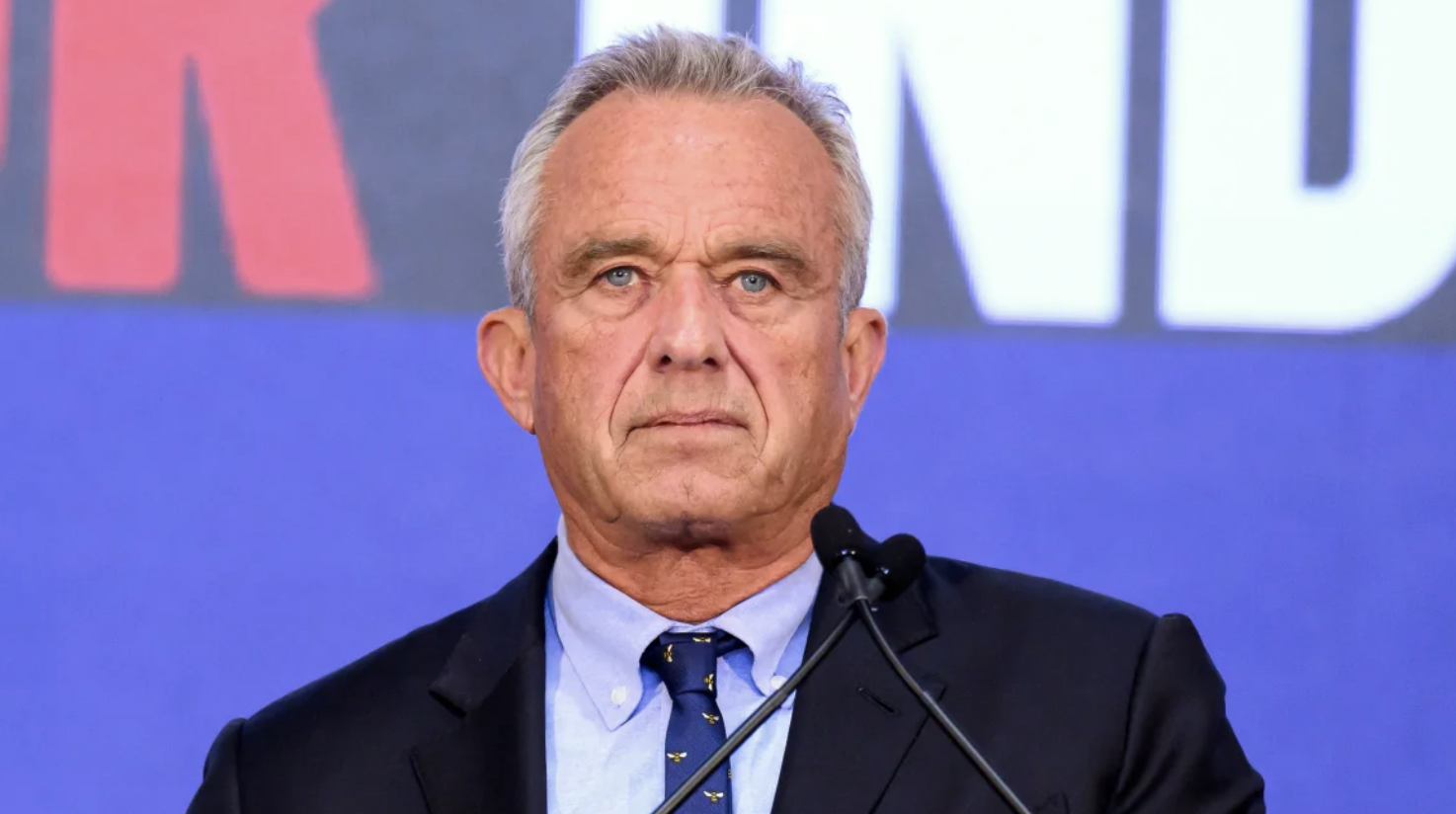The TDR Three Key Takeaways on RFK Jr., Blockchain, and Government Transparency:
- RFK Jr. advocates for the utilization of blockchain to transform the budgeting processes within the U.S. government.
- The transparency offered by blockchain technology is seen as a potential tool to combat corruption, as suggested by RFK Jr.
- Experts engage in debates regarding the technological hurdles associated with implementing blockchain in government operations.
RFK Jr., a prominent proponent of transparency in governance, has recently introduced an innovative concept: integrating the entire U.S. government budget and financial records onto the blockchain. This pioneering initiative aims to facilitate real-time public access to governmental expenditures and activities, thereby significantly enhancing transparency in financial matters. While critics of digital currencies often highlight concerns about transparency, RFK Jr.’s proposition aims to leverage blockchain technology to directly address these apprehensions. He posits that such a system would ensure immediate visibility of any questionable disbursements, such as the infamous \(16,000 toilet seat, to the general public. Emphasizing the potential of blockchain to usher in a new era of accountability in public expenditure, RFK Jr. stated, "If somebody is spending \)16,000 for a toilet seat, everybody’s going to know about it.”
RFK Jr.’s advocacy for the incorporation of blockchain in U.S. government financial disclosures is part of his overarching agenda to bolster transparency and confidence in public institutions. By harnessing blockchain’s fundamental attributes of immutability and transparency, RFK Jr. envisions this technology as offering an unparalleled level of public scrutiny and oversight. This not only simplifies the monitoring of taxpayer funds but also mitigates the risks of mismanagement and malfeasance.
The ramifications of such a framework are profound. With blockchain, each transaction recorded in the ledger is permanent and tamper-proof without a consensus from the network, thereby fortifying defenses against fraudulent activities and manipulations. Nonetheless, detractors raise apprehensions regarding the technological and logistical obstacles in deploying such an extensive system. They query the preparedness of blockchain technology to manage the magnitude and intricacies of the federal budget, along with potential privacy concerns stemming from pervasive transparency.
RFK Jr.’s proposal to employ blockchain for the U.S. budget transcends mere technological advancement; it endeavors to redefine the interaction between citizens and their government. By ensuring meticulous tracking and documentation of every financial transaction, this approach pledges to set a higher benchmark for public officials and equip citizens with the insights necessary to demand accountability from their government. To stay abreast of all TDR’s investigations and updates, subscribe to our daily Baked In newsletter.

